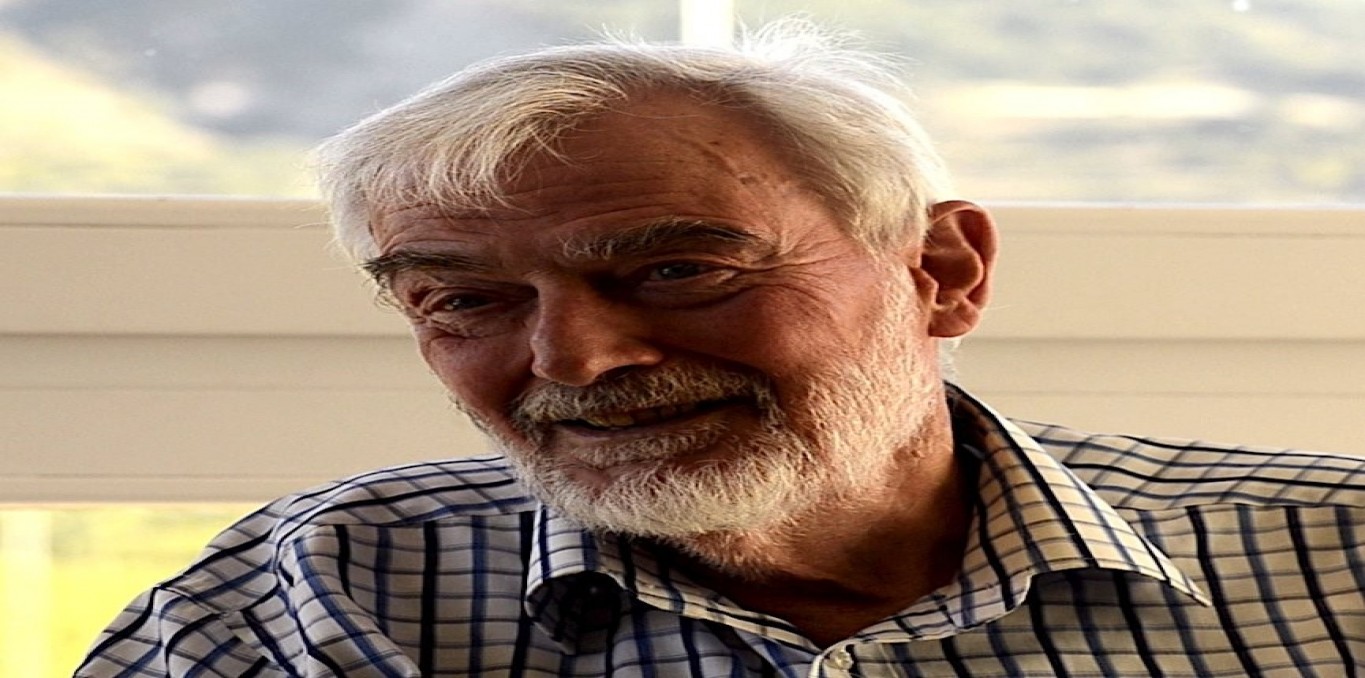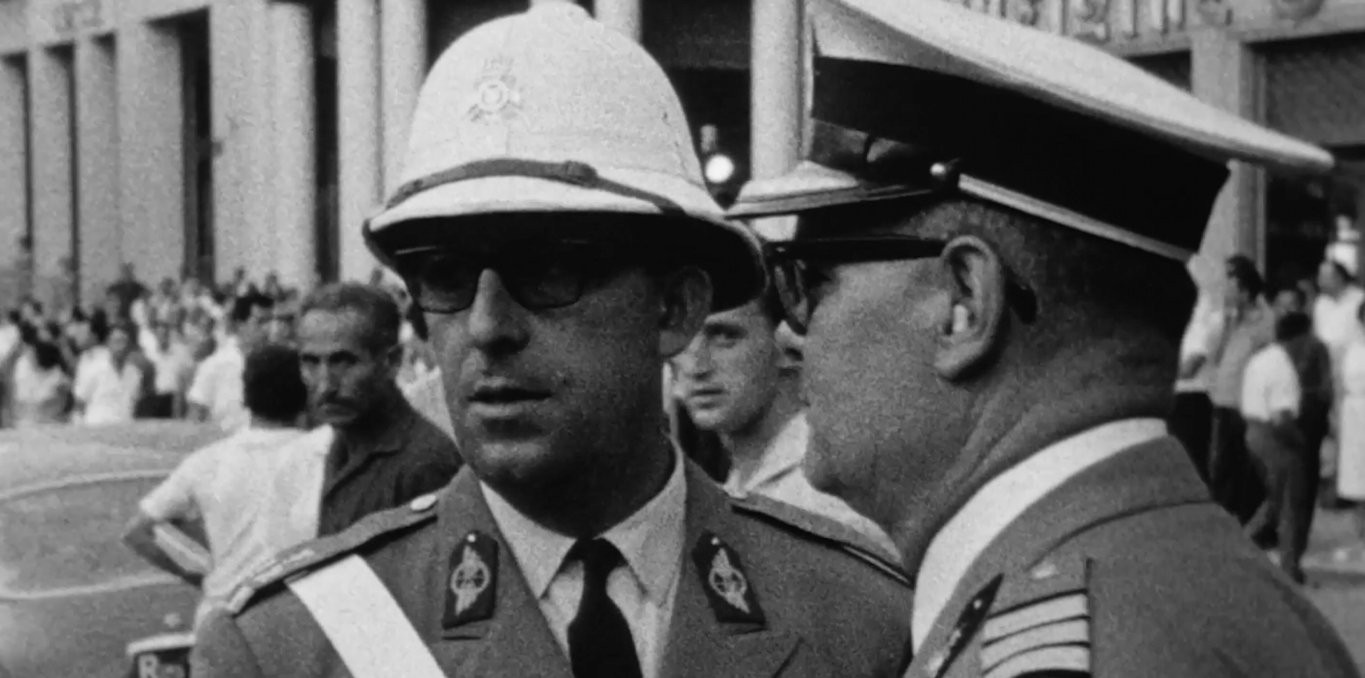Peter Nestler

Born in 1937, Peter Nestler studied Painting at the Academy of Fine Arts Munich and Printing in Stuttgart before working as a labourer, sailor, forester, head of programmes for television, painter and filmmaker. First in the Federal Republic of Germany, then in Sweden where he moved and worked for television in 1967, Nestler constantly explored humankind’s relationship with history, both in his work and also within his own personal context. In almost 50 years and 50 films, he has shown significant freedom in his approach as an author, building up a demanding, unique and coherent body of work that tackles a very wide array of subjects. Nestler can be defined by the simplicity of his language and his desire to not to distort anything and admit that every truth has a secret. His trademark is the use of off-camera commentary and his work has been noticed and supported by other German-speaking masters of documentary such as Klaus Wildenhahn, Harun Farocki and Hartmut Bitomsky.
Related to this realisator

From Greece
Greece, filmed at a pivotal moment in its history, just before the 1967 military coup — a country where tensions between fascism and anti-fascism persisted after the war and erupted in a confused search for a truly free future. Nestler films the Greek people with respect and sensitivity, creating one of his masterpieces, built on a rigorous interplay between candid footage, commentary, and docu...

From Greece
Greece, filmed at a pivotal moment in its history, just before the 1967 military coup — a country where tensions between fascism and anti-fascism persisted after the war and erupted in a confused search for a truly free future. Nestler films the Greek people with respect and sensitivity, creating one of his masterpieces, built on a rigorous interplay between candid footage, commentary, and docu...
